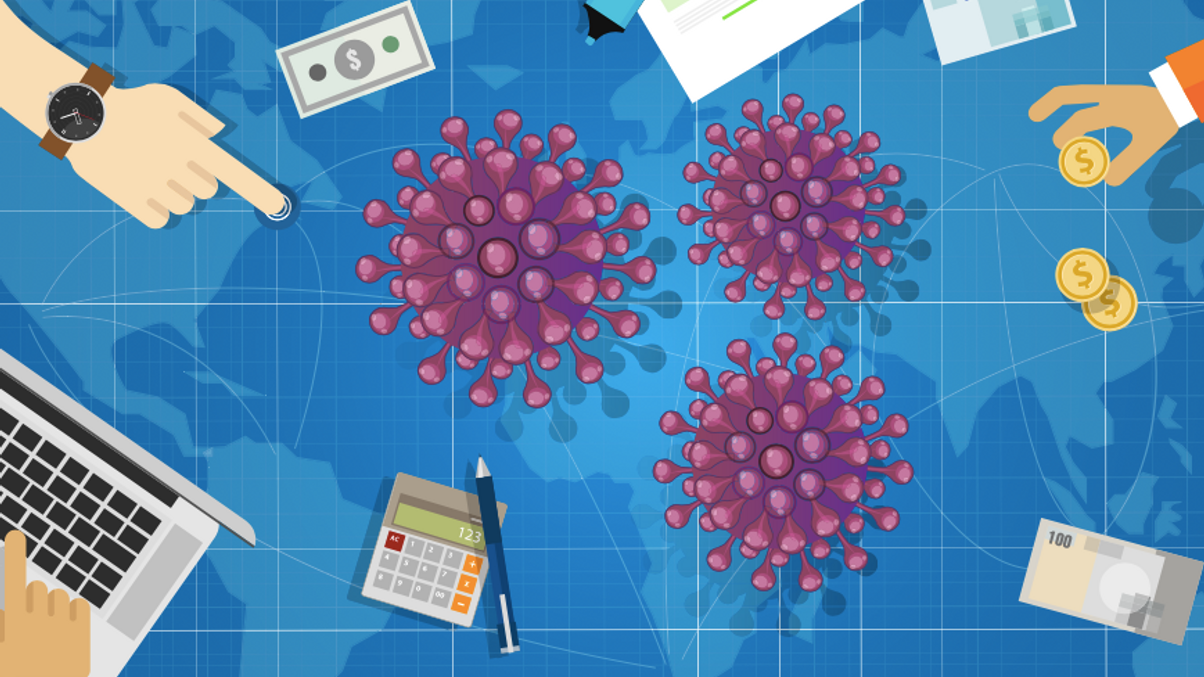partner content
The macro lessons set to dominate the post-Covid world
A webinar interview between AsianInvestor and Northern Trust Asset Management’s Wouter Sturkenboom focused on the key financial themes likely to dominate the post-Covid-19 world.

The world may look like a place that’s been fundamentally altered by the impact of the Covid-19 virus outbreak, but take a look at the long-term and several other themes are likely to dominate financial markets.
Sign in to read on!
Registered users get 2 free articles in 30 days.
Subscribers have full unlimited access to AsianInvestor
Not signed up? New users get 2 free articles per month, plus a 7-day unlimited free trial.
¬ Haymarket Media Limited. All rights reserved.


